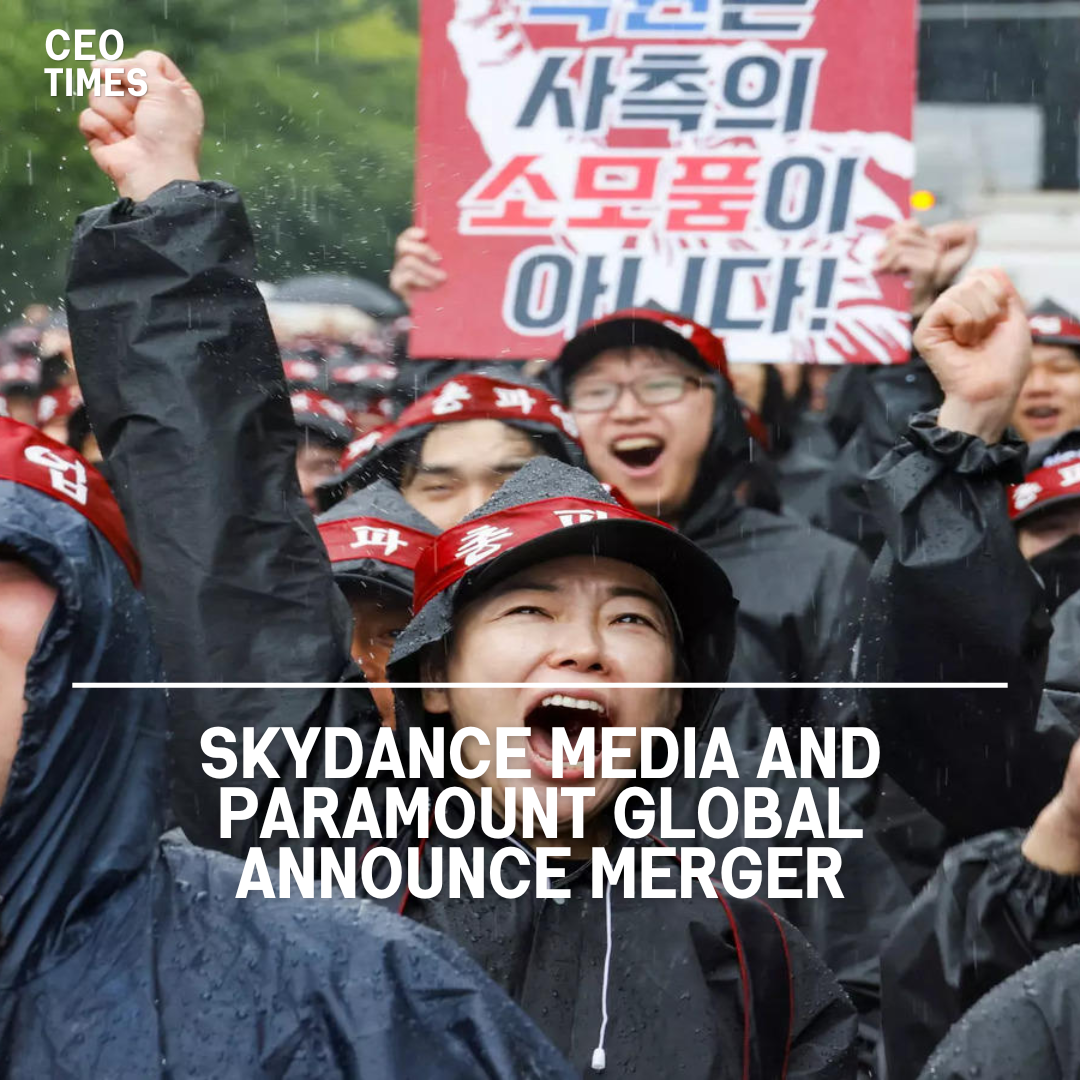On Monday, workers at Samsung Electronics, South Korea’s largest conglomerate, began a three-day strike demanding better pay and other benefits. The National Samsung Electronics Union (NSEU), which represents around 30,000 members, or nearly a quarter of Samsung’s South Korean workforce, initiated the strike. Their demands include:
- Increased pay
- An extra day of annual leave for unionized workers
- Changes to the employee bonus system
Impact on Production:
Despite the strike, analysts predict it will have minimal impact on output at the world’s largest memory chipmaker due to low participation and automated production processes.
However, the strike indicates declining staff morale during a critical period for the chip industry as technology firms increasingly embrace artificial intelligence (AI).
Previous Industrial Action:
Last month, the union coordinated annual leave to stage a mass walkout, which Samsung reported had no impact on business activities. The company also stated on Monday that there was no disruption in production.
The union reported that 6,540 workers, primarily from manufacturing sites and product development, are participating in the strike this week.
These participants include workers monitoring automated production lines and equipment, which could potentially affect operations. Despite rainy weather, approximately 3,000 strikers attended a rally near Samsung’s headquarters in Hwaseong, south of Seoul.
Union Leadership and Future Actions:
Union president Son Woo-mok disputed media reports of low participation, attributing it to the union’s relatively young age of five years and insufficient time to educate members about the issues.
Vice President Lee Hyun-kuk indicated that further strikes could occur if Samsung does not improve its proposals. The company’s current proposals include flexibility in pay and annual leave conditions but do not meet the union’s increased demands.
Employee Concerns:
Union officials also seek equality in the bonus system. They argue that bonuses for rank-and-file workers are calculated by removing the cost of capital from operating profit, whereas executive bonuses are based on personal performance goals.
Park Jun-ha, a 20-year-old engineer at Samsung’s chip packaging lines, expressed dissatisfaction with the “opaque” bonus scheme and stated that he was not proud of working at Samsung.
Growth of the Union:
The union has grown since Samsung pledged 2020 to stop discouraging organized labor. Its increasing influence comes when Samsung faces competition in chips used for AI applications. Union officials blame Samsung’s struggles in AI on slow development in high-bandwidth memory (HBM) chips, which are in high demand for AI processors.
Samsung Financial Performance:
Despite the ongoing labor issues, Samsung recently estimated a more than 15-fold increase in second-quarter operating profit, driven by rebounding chip prices due to the AI boom.
The company’s share price rose 0.2% in afternoon trading on Monday after hitting its highest level since January 2021 earlier in the session. Last week, preliminary quarterly earnings exceeded analyst estimates by 6.9%.




















